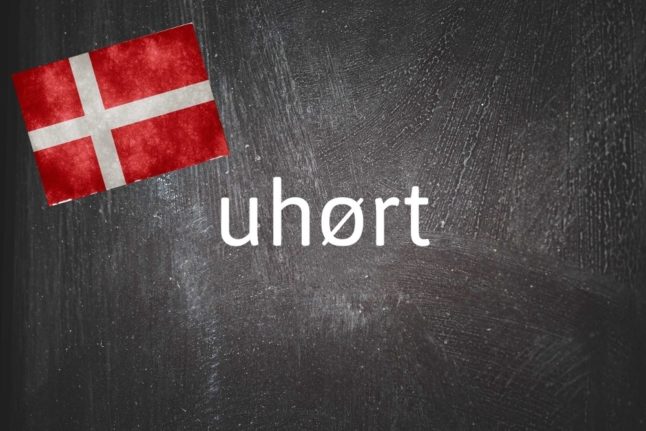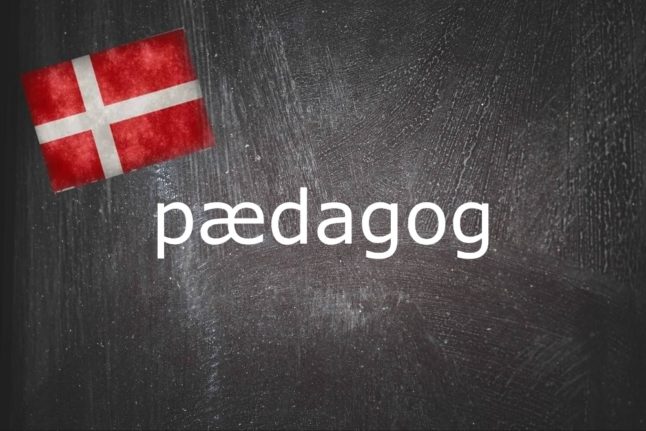What is uhørt?
At høre is the verb “to hear”, so if something is described in the past tense form hørt it has been heard.
The u is a negation prefix, meaning uhørt is “unheard”.
However, this word is not really used in its literal sense. If you want to say you didn’t hear something, you would probably say det kan jeg ikke høre (“I can’t hear it”) or det hørte jeg ikke (“I didn’t hear it”).
A more passive expression is to describe a sound or noise using the adjective hørbar (“audible”). An example of this might be der var en rumlen, som næsten ikke var hørbar, men så blev den højere og højere (”there was a rumbling that was almost inaudible, but then got louder and louder”).
Why do I need to know uhørt?
If you’re not using uhørt to describe whether a sound is audible, what’s it for?
Uhørt is normally negative, describing behaviour or an incident that is unprecedented. In this sense it’s quite similar to “unheard of”. But whereas “unheard of” can also mean unknown or obscure, this isn’t the case for uhørt.
So while the meaning “so unusual it’s never been heard of before” is accurate for uhørt, it only applies in a negative sense.
When someone is giving a speech, by the way, you might find a member of the audience breaks out with a shout of hørt! This is not anything to do with uhørt, but is a way of expressing agreement with the speaker, like saying “hear, hear!” in English.
Examples
Det er helt uhørt, at regering fjerner en helligdag.
It’s shocking that the government has abolished a public holiday.
Den uhørt høje inflation har ramt mange borgeres privatøkonomier i Danmark.
Unprecedented high inflation has damaged many people’s private finances in Denmark.



 Please whitelist us to continue reading.
Please whitelist us to continue reading.
Member comments